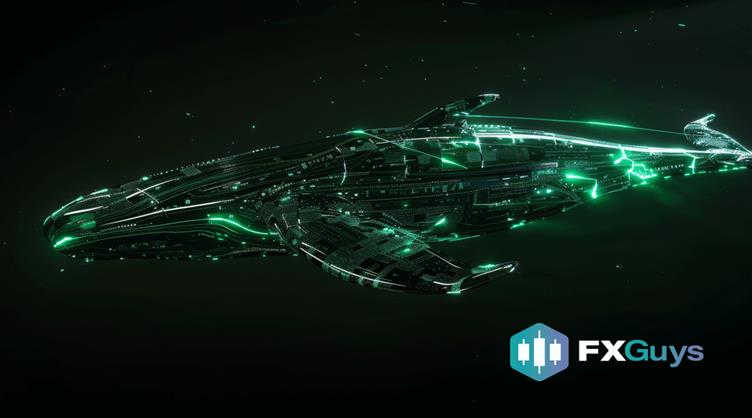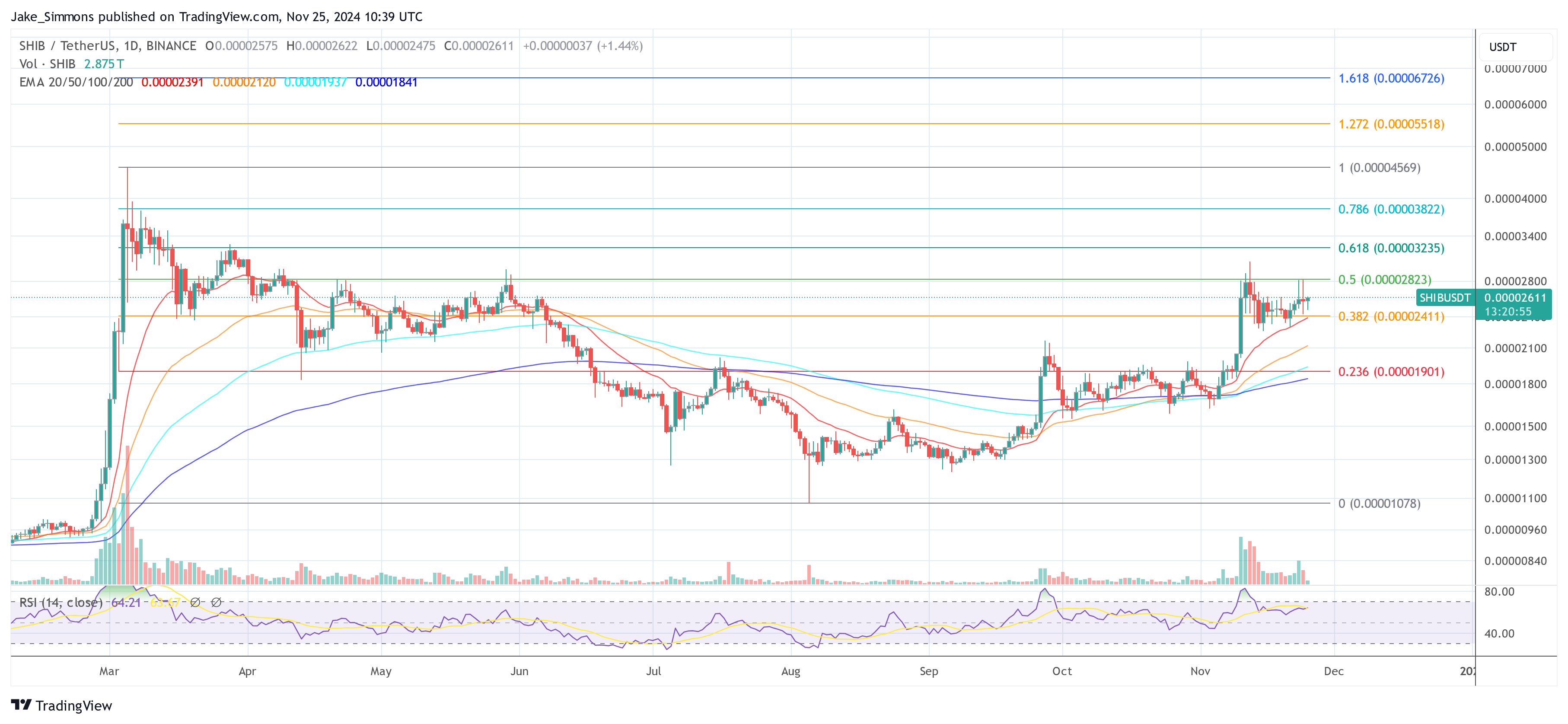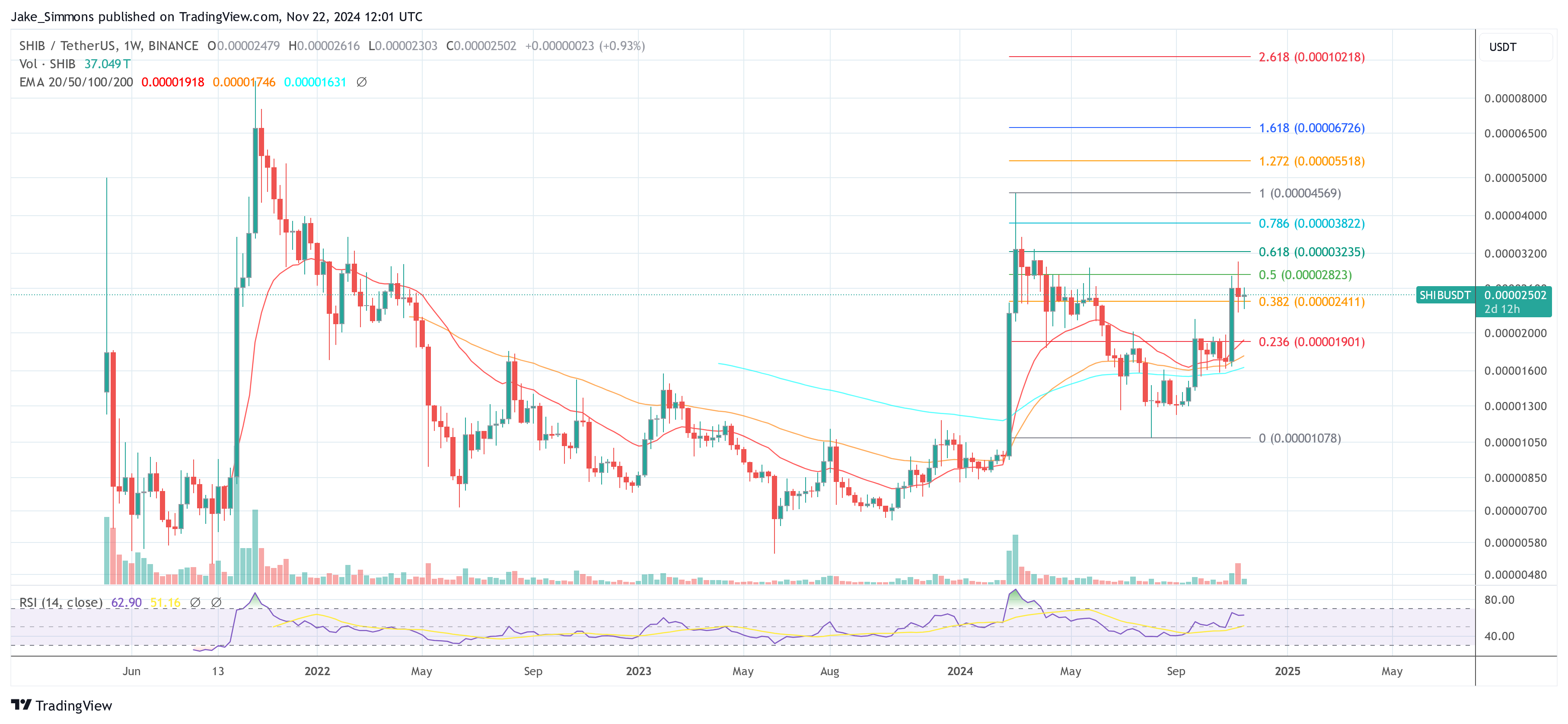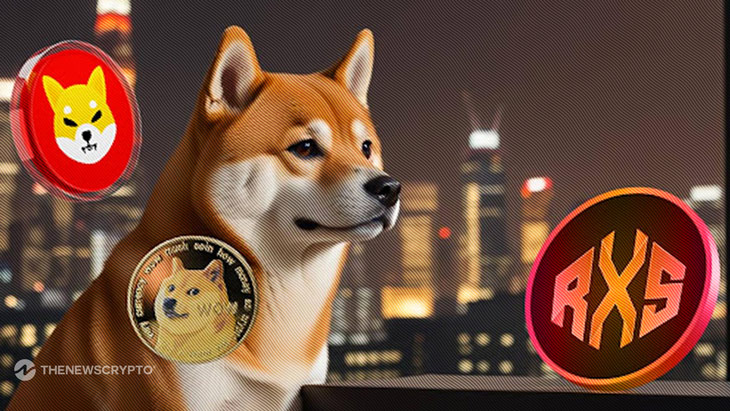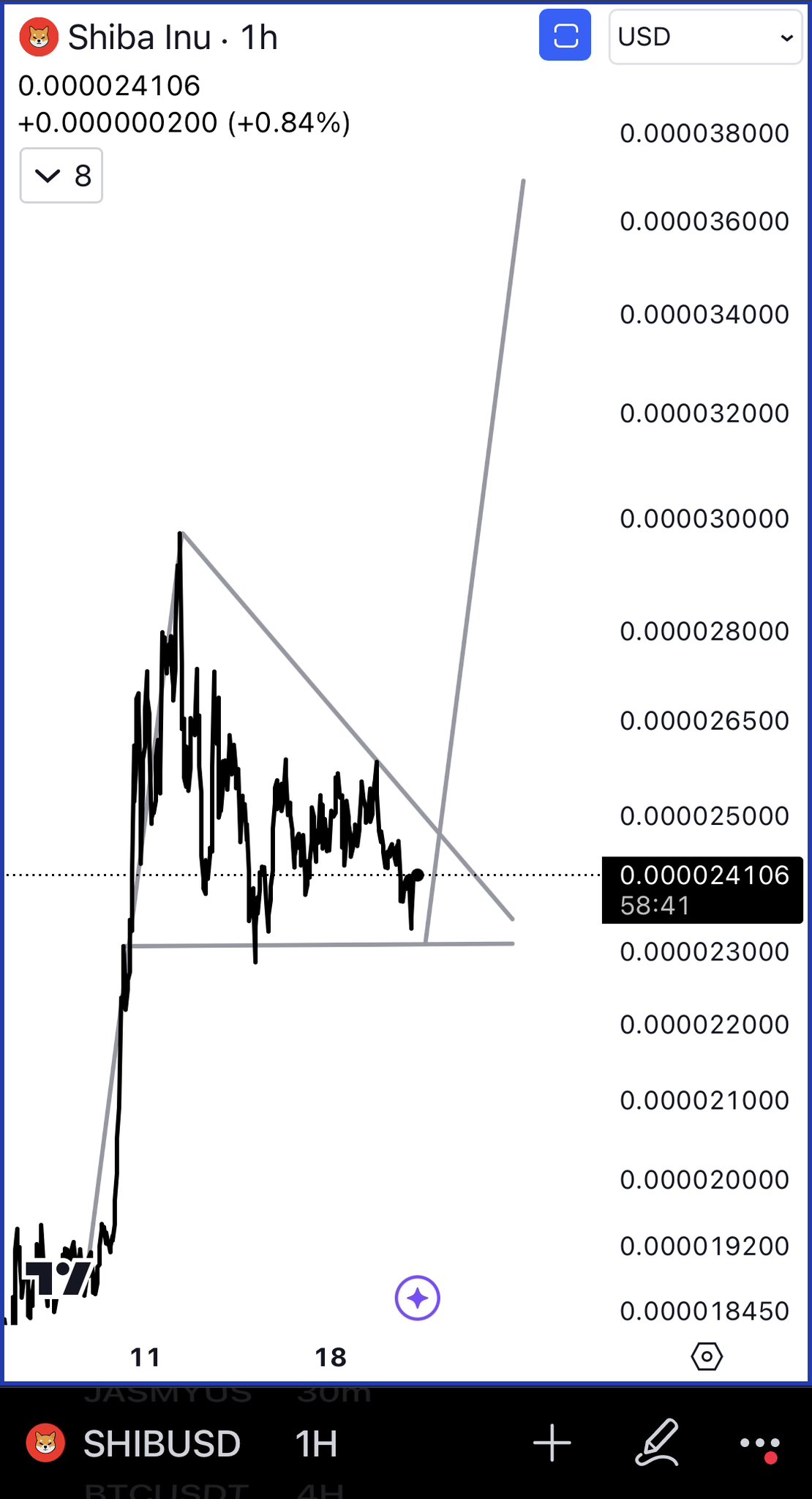Following Shibarium’s botched launch, the network’s developers promised to provide regular updates as the network put measures in place to scale and handle any substantial amount of traffic. And in his latest update, lead developer Shytoshi Kusama has revealed plans to start implementing the “ShibPaper.”
According to the blog post released on August 22, Kusama announced that the implementation of the ShibPaper will begin on August 23 in hopes that Shibarium can accomplish a huge part of its vision of becoming a “decentralized digital nation state” this year.
Shibarium had, before launch, been touted to become a major player in the DeFi space upon launch. However, users questioned its decentralized nature following the botched launch, with users’ funds reportedly getting stuck on the Shibarium bridge.
This isn’t the first time the ShibPaper has been mentioned as Shiba Inu’s developer Kaal Dhairya highlighted the document in a tweet on August 18, labeling it as the “foundation” for Shibarium’s decentralized digital nation.
The ShibPaper, written by Shytoshi Kusama and described by him as “the most comprehensive decentralization document the world has ever seen,” is simply a whitepaper outlining the ecosystem’s plans to create a “Shiba Inu State” which will act as a “beacon” guiding the world towards decentralization.
According to the document, the Canine Code and Hound’s Constitution will guide the Shiba Inu State. These “foundational scripts” will be the law to the state’s citizens, called “Shibizens.”
The state aims to imbibe values such as loyalty, unity, and service among members of the state. It also intends to promote a sense of collectiveness among Shibizens.
Shibarium has also left the door open to a future native token. Currently, the ecosystem is governed by the SHIB, LEASH, TREAT, and BONE tokens. However, it suggested in the ShibPaper that there could be “potential successors” to these tokens.
Shibarium will back the current and future governance tokens with tangible assets “transparently overseen via blockchain smart contracts” in a bid to maintain financial integrity.

Although the Ethereum layer-2 network has resumed block production, it remains closed to the public. However, Kusama announced that the network is almost ready to reopen to the public as he revealed that the blockchain is now “enhanced and optimized.”
Furthermore, as part of its efforts to protect users’ funds if the network experiences a traffic surge again, the team has enabled “a new monitoring system and additional fail safes.”
While the network has undoubtedly endured a difficult start, Kusama believes the “upcoming winners” are the protocols and projects looking to build on it.
He believes Shibarium’s utility will lie in these protocols, products, and services. Just like Ethereum, which is known to host several “amazing platforms,” Kusama mentioned that users will also have several options on Shibarium. He, however, advised them to DTOR (Do Their Own Research) going forward.
What Is The ShibPaper?
According to the blog post released on August 22, Kusama announced that the implementation of the ShibPaper will begin on August 23 in hopes that Shibarium can accomplish a huge part of its vision of becoming a “decentralized digital nation state” this year.
Shibarium had, before launch, been touted to become a major player in the DeFi space upon launch. However, users questioned its decentralized nature following the botched launch, with users’ funds reportedly getting stuck on the Shibarium bridge.
This isn’t the first time the ShibPaper has been mentioned as Shiba Inu’s developer Kaal Dhairya highlighted the document in a tweet on August 18, labeling it as the “foundation” for Shibarium’s decentralized digital nation.
The ShibPaper, written by Shytoshi Kusama and described by him as “the most comprehensive decentralization document the world has ever seen,” is simply a whitepaper outlining the ecosystem’s plans to create a “Shiba Inu State” which will act as a “beacon” guiding the world towards decentralization.
According to the document, the Canine Code and Hound’s Constitution will guide the Shiba Inu State. These “foundational scripts” will be the law to the state’s citizens, called “Shibizens.”
The state aims to imbibe values such as loyalty, unity, and service among members of the state. It also intends to promote a sense of collectiveness among Shibizens.
Shibarium has also left the door open to a future native token. Currently, the ecosystem is governed by the SHIB, LEASH, TREAT, and BONE tokens. However, it suggested in the ShibPaper that there could be “potential successors” to these tokens.
Shibarium will back the current and future governance tokens with tangible assets “transparently overseen via blockchain smart contracts” in a bid to maintain financial integrity.
Next Steps For Shiba Inu And Shibarium
Although the Ethereum layer-2 network has resumed block production, it remains closed to the public. However, Kusama announced that the network is almost ready to reopen to the public as he revealed that the blockchain is now “enhanced and optimized.”
Furthermore, as part of its efforts to protect users’ funds if the network experiences a traffic surge again, the team has enabled “a new monitoring system and additional fail safes.”
While the network has undoubtedly endured a difficult start, Kusama believes the “upcoming winners” are the protocols and projects looking to build on it.
He believes Shibarium’s utility will lie in these protocols, products, and services. Just like Ethereum, which is known to host several “amazing platforms,” Kusama mentioned that users will also have several options on Shibarium. He, however, advised them to DTOR (Do Their Own Research) going forward.
